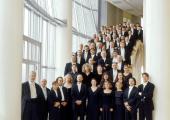The Dream of Gerontius, LPO, Elder, Royal Festival Hall

Elgar's oratorio at its Wagnerian finest under Elder
We’re still in the foothills of the Southbank Centre’s year-long The Rest is Noise festival, but already the harmonic ground is becoming unsteady underfoot. Last weekend saw the gemütlichkeit of Johann Strauss give way to the brutality of Richard Strauss, exposed us to the moistly chromatic flesh of Salome that lies behind the seven veils, and showed just a hint of Schoenbergian ankle. So surely this weekend’s return to 1900 and Elgar’s choral-society-stalwart The Dream of Gerontius is something of a retreat?

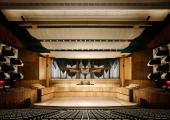
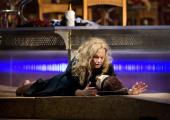

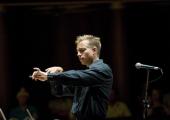
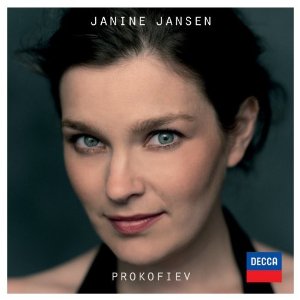 Prokofiev: Works for Violin Janine Jansen, with the London Philharmonic Orchestra/Vladimir Jurowski, Boris Brovtsyn (violin) and Itamar Golan (piano) (Decca)
Prokofiev: Works for Violin Janine Jansen, with the London Philharmonic Orchestra/Vladimir Jurowski, Boris Brovtsyn (violin) and Itamar Golan (piano) (Decca)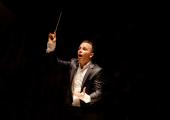
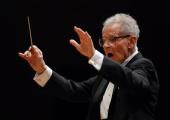
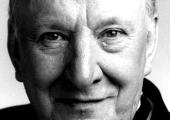
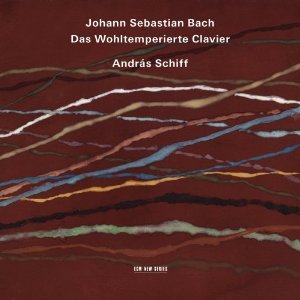 Bach: The Well-Tempered Clavier András Schiff (ECM)
Bach: The Well-Tempered Clavier András Schiff (ECM)